|
.Stinging nettle is one of those plants that you love and hate all at the same time. Do you want the good news or bad news first? Bad (you must be a maritimer!)? Stinging nettle stings. It's true! Rub up bare-skinned against one by accident, and you'll know immediately by the burning sensation that you've come across a patch of stinging nettle. The good news? Stinging nettle stings! What's this? How could a stinging stinging nettle be a good thing? Well, the sting of the nettle has been used therapeutically for many generations as a counter irritant for painful conditions like arthritis. It used to be that those suffering from back pain or aching joints would flagellate themselves with the stems of fresh nettle to induce painful stings, which would result in the body rushing blood to the affected area, thus helping it to heal and lessening pain. In the same way, stinging nettle was used as a sort of homemade Viagra. Men, if unable to achieve or keep an erection, would sting their genitals with the nettle. The blood rush from the stings would result in the desired stiffness, and the evening was saved! Whether the pain killed the mood is another question, but I suppose a man's gotta do what a man's gotta do. More good news? Nettle is anti-inflammatory. Nettle is good for upper respiratory health. Nettle root supports prostate function. Nettle may help balance blood sugar. Nettle helps with allergies. Nettle supports the excretory system. Nettle can be made into fabric. Nettle is super nutritious. Nettle is delicious. Today, we'll focus on the nutritious and delicious. Nettle is packed with nutrients. It is very high in protein, higher even than beans! It is high in vitamins A, C, D, trace minerals, potassium, sodium, magnesium, and histamine. Nettle is best eaten when it is very small, first thing in the spring. The plant is tender then, and tastes best. You can still eat nettle later in the year, but the plant gets quite large and tough. The top couple inches are still tender enough to eat, but honestly, nothing beats a springtime nettle! Just be sure to cook it, steam it, or dry it. The little stingers are 'deactivated' when it is processed in this way. Eating fresh nettle is going to be downright unpleasant, and possibly dangerous. You can steam nettle, saute it with garlic and butter, or add it to any dish as you would spinach. Garlic Nettle Pesto is my favourite recipe to date! Garlic Nettle Pesto *adapted from the book Family Foraging, by David Hamilton Ingredients: A medium bowlful of fresh nettle (think spinach - it shrinks) 2/3 cups of cashews (or walnuts if you don't have cashews) A handful of garlic mustard leaves (a couple cloves of garlic will do fine) 1/2 cup grated parmesan cheese Splash of lemon juice Salt to taste Olive oil (about 2 tablespoons) 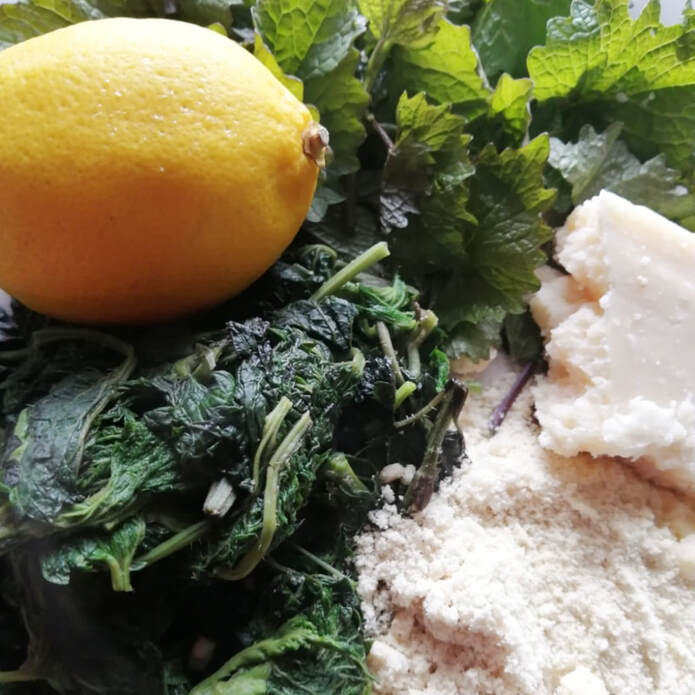 Gather your ingredients. Garlic mustard is an invasive plant that seems to be taking over New Brunswick. We pull it whenever we see it, since it is getting out of hand. Luckily, its mild garlic flavour is delicious! First, wash all your wild edibles. USE TONGS when handling the uncooked nettle. The stingers are very, very stingy. Next, steam the nettle. Some people feel that pulverising the nettle (as we will do later) is enough to deactivate the stingers. I don't think so. Once you've steamed the nettle in boiling water for 2-3 minutes, drain the liquid. You can drink this liquid as a tea, use it as a soup base, or even water your plants with it. Be sure to carefully dry the nettles using a clean dishtowel. Hopefully you will have about a cup of nettle.
Put all the ingredients into a blender and blend it up until it is the consistency you desire. I like a smooth sauce, but a little chunk is perfectly acceptable if that's what you like! If the blender isn't quite doing the job, add a little more olive oil or nettle water to help it out. Serve over pasta, or on fresh homemade bread, sprinkled with a little lemon juice and parmesan.....Yum!
1 Comment
|
Emilie
Clinical herbalist. Mother. Teacher. Ever student. Archives
February 2022
Categories
All
|

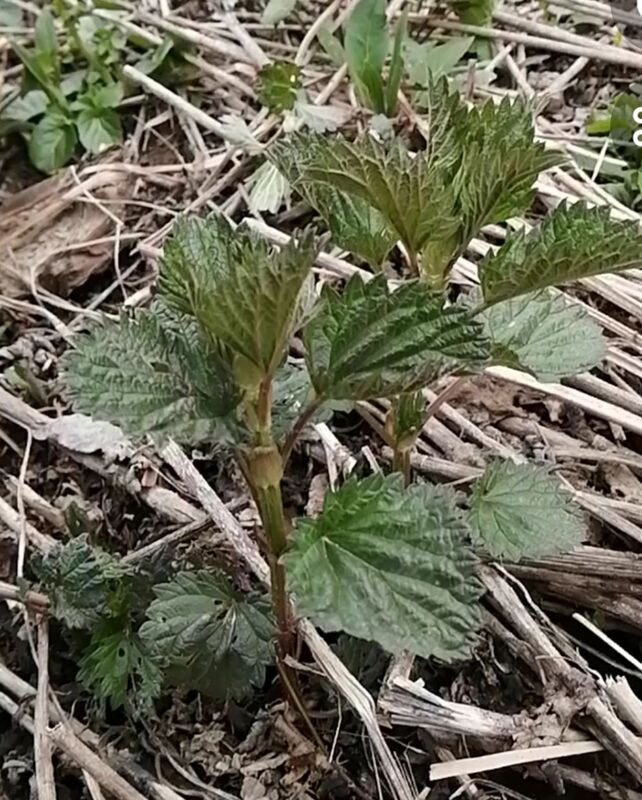
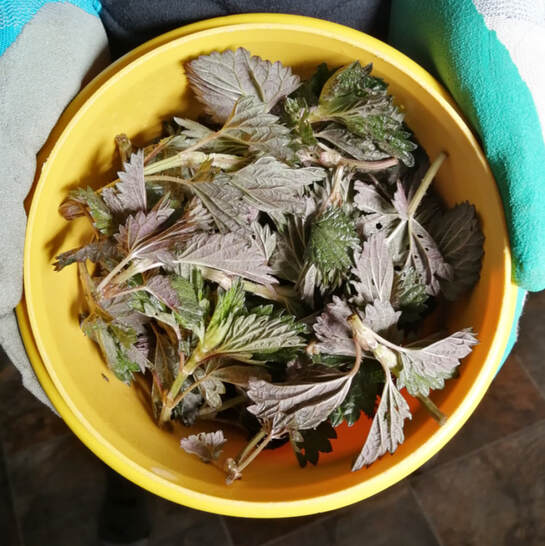
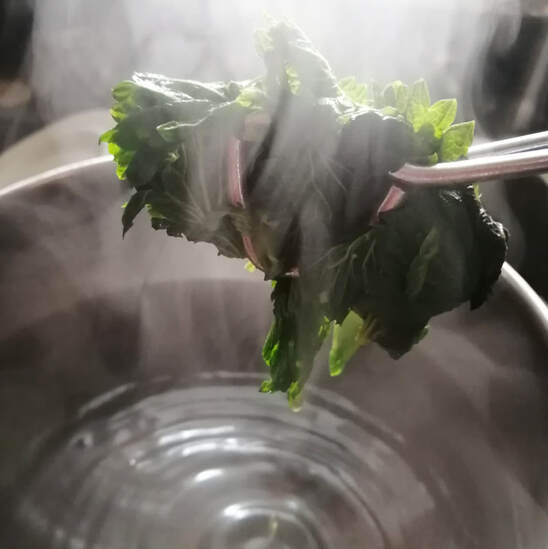
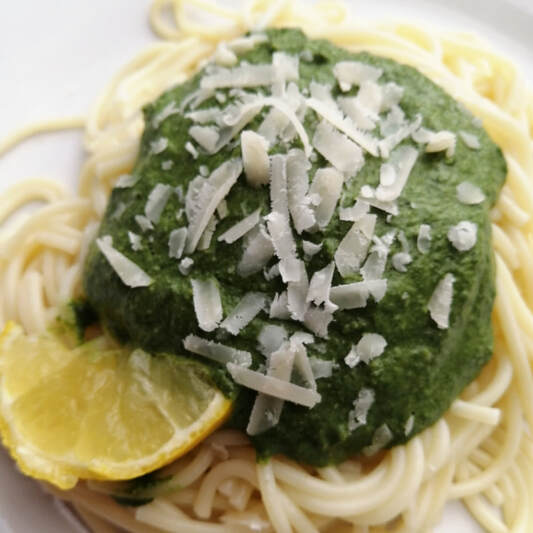
 RSS Feed
RSS Feed